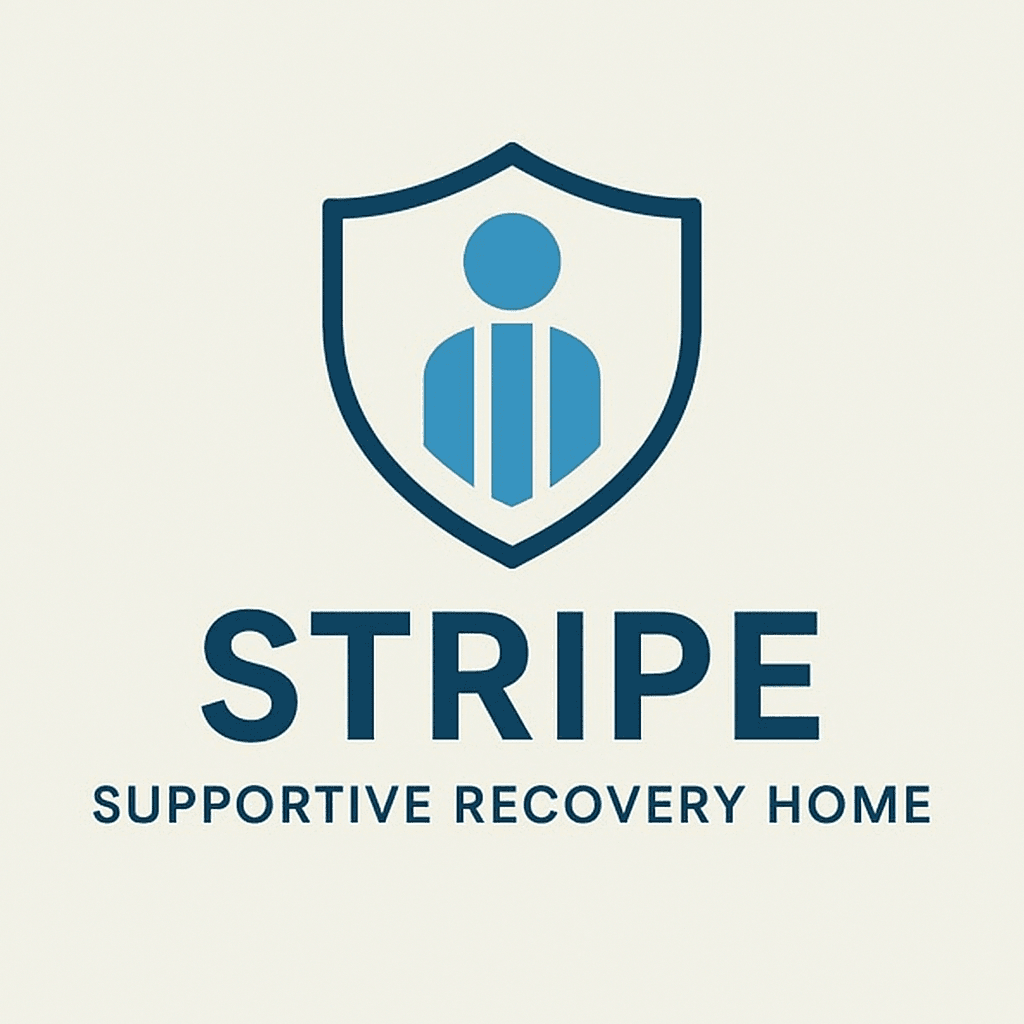Sustainable Sobriety Practices: Building a Foundation for Long-Term Recovery
Understanding Sustainable Sobriety Practices
Embarking on the journey of recovery from addiction is a deeply personal endeavor, requiring dedication and a strategic approach. A crucial aspect of this journey is adopting sustainable sobriety practices that support long-term recovery. These practices not only involve abstaining from substances but also include a comprehensive approach to rebuilding one's life and maintaining emotional and physical health.
Sustainable recovery is about creating a lifestyle that supports sobriety in the long term. This involves developing new habits, building a supportive network, and finding purpose beyond addiction. By focusing on sustainability, individuals can ensure their journey is not just about avoiding relapse but also about thriving in their new lives.

The Role of Community Support
Community support plays a pivotal role in sustainable sobriety. Engaging with others who understand the challenges of addiction can provide encouragement and accountability. Joining support groups, whether in-person or online, offers a platform for sharing experiences and learning from others who have navigated similar paths.
Building a strong support network helps reinforce the commitment to sobriety. Friends, family, and recovery groups can all contribute to creating an environment where positive changes are encouraged. It's essential to surround oneself with people who uplift and motivate, reducing the risk of returning to old habits.
Establishing Healthy Routines
A structured daily routine can be a cornerstone of sustainable sobriety. Establishing consistent habits, such as regular sleep, balanced nutrition, and exercise, helps promote physical and mental well-being. Such routines provide stability and predictability, essential elements in managing stress and preventing relapse.

Incorporating mindfulness practices like meditation or yoga into daily routines can further enhance emotional resilience. These activities promote relaxation and help individuals become more attuned to their thoughts and feelings, fostering a deeper understanding of their triggers and responses.
Embracing Personal Growth
Long-term recovery offers an opportunity for personal growth and self-discovery. Engaging in activities that foster creativity, learning, or skill development can provide a sense of achievement and fulfillment. Whether it's taking up a new hobby, pursuing education, or volunteering, these pursuits can replace the void left by addiction.
Setting realistic goals and celebrating small victories along the way can boost confidence and motivation. Progress may sometimes be slow, but recognizing each step forward reinforces the commitment to a sober lifestyle.

Navigating Challenges with Resilience
Challenges are an inevitable part of any recovery journey. Building resilience is key to navigating these obstacles without jeopardizing sobriety. Developing coping strategies for dealing with stress, disappointment, or temptation is crucial.
One effective strategy is to maintain open communication with support networks. Sharing struggles and seeking advice can prevent feelings of isolation and helplessness. Additionally, practicing self-compassion during difficult times helps maintain a positive mindset.
Seeking Professional Guidance
For many individuals, professional guidance is an integral part of sustainable sobriety. Therapists, counselors, and addiction specialists can provide tailored strategies to manage triggers and develop healthy coping mechanisms. Regular therapy sessions can offer insights into underlying issues contributing to addiction and aid in building a strong foundation for recovery.
Medically assisted treatments may also be considered where appropriate, under the guidance of healthcare professionals. These treatments can help manage withdrawal symptoms and reduce cravings, providing additional support in the early stages of recovery.

In conclusion, sustainable sobriety practices are about more than just abstaining from substances; they involve a holistic approach to life transformation. By prioritizing community support, establishing healthy routines, embracing personal growth, and seeking professional guidance, individuals can build a resilient foundation for long-term recovery. With commitment and perseverance, a fulfilling life free from addiction is within reach.
